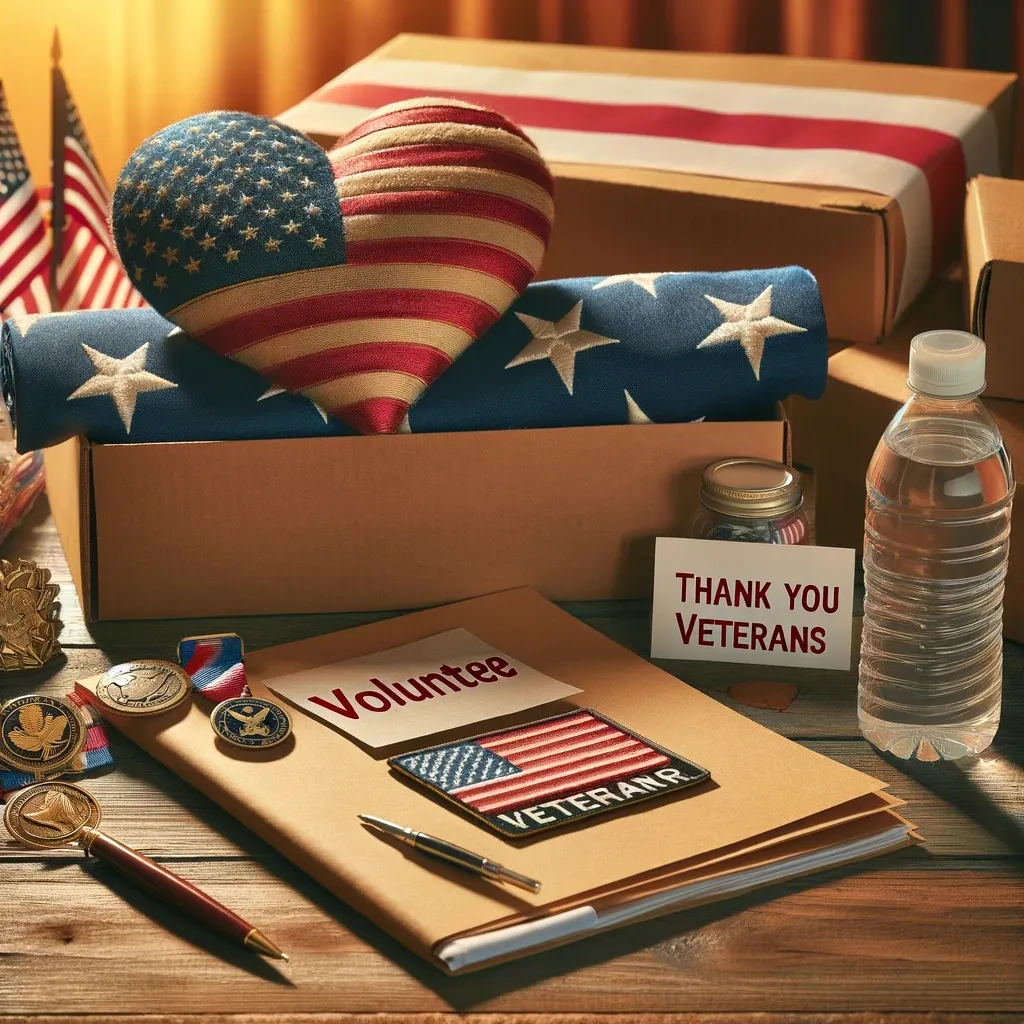Volunteer Opportunities for Families: Teaching the Next Generation the Value of Service
Volunteering is a powerful way to give back to the community, and it can be even more rewarding when done as a family. The Disabled American Veterans (DAV) organization in Idaho offers numerous opportunities for families to volunteer together, fostering a sense of service and community spirit in the next generation. In this article, we explore the benefits of family volunteering and highlight some of the ways families can get involved with the DAV.
The Benefits of Family Volunteering
1. Strengthening Family Bonds Volunteering as a family provides a unique opportunity to spend quality time together while working towards a common goal. It strengthens family bonds and creates lasting memories. Whether it’s participating in a community clean-up or organizing a fundraising event, these shared experiences can bring family members closer together.
2. Teaching Valuable Life Lessons Volunteering teaches children important life lessons such as empathy, compassion, and the value of helping others. It provides a hands-on way for children to learn about social responsibility and the impact they can have on their community. These lessons can shape their character and influence their actions throughout their lives.
3. Building a Sense of Community When families volunteer together, they become more connected to their community. They meet new people, learn about local issues, and contribute to the well-being of their neighbors. This sense of community involvement can foster a lifelong commitment to service and civic engagement.
How Families Can Get Involved with the DAV
1. Participate in Community Events The DAV organizes various community events throughout the year, such as fundraisers, awareness campaigns, and social gatherings. Families can volunteer to help set up, run booths, or assist with event logistics. These events are a great way for families to work together and support veterans in their community.
2. Organize Donation Drives Families can organize donation drives for items such as clothing, food, or household goods. These drives can be held in neighborhoods, schools, or places of worship. Collecting and donating items to veterans in need is a tangible way for families to make a difference.
3. Assist with Home Repairs Many veterans face challenges with home maintenance and repairs. Families can volunteer to help with tasks such as painting, yard work, or minor repairs. This hands-on work not only helps veterans but also teaches children practical skills and the value of hard work.
4. Provide Companionship Loneliness and isolation are common issues among veterans. Families can volunteer to visit veterans in their homes or at care facilities, providing companionship and emotional support. These visits can include activities such as playing games, reading, or simply having a conversation.
Success Stories: Families Making a Difference
Story 1: The Johnson Family’s Fundraising Efforts The Johnson family organized a neighborhood bake sale to raise funds for the DAV. They involved their children in baking, setting up the sale, and interacting with customers. The event was a huge success, raising over $500 for veteran support programs. The children learned valuable lessons about teamwork and the impact of their efforts.
Story 2: The Smith Family’s Home Repair Project The Smith family volunteered to help a local veteran with yard work and minor home repairs. They spent a weekend cleaning up the yard, painting the fence, and fixing a leaky faucet. The veteran was incredibly grateful, and the Smith children gained a sense of accomplishment and pride in their work.
How to Get Started
Step 1: Visit the DAV Website To learn more about family volunteer opportunities, visit the DAV of Idaho’s volunteer page. The website provides information on upcoming events, donation drives, and other ways to get involved.
Step 2: Sign Up as a Family Complete the volunteer application form, indicating that you are signing up as a family. Provide information about your interests, skills, and availability to help match you with suitable volunteer opportunities.
Step 3: Attend an Orientation Once your application is approved, attend a volunteer orientation session. This session will provide you with essential information about the DAV, the needs of veterans, and the specific responsibilities of your volunteer role.
Step 4: Start Volunteering After completing the orientation, you’ll be ready to start volunteering as a family. Whether you choose to participate in community events, organize donation drives, assist with home repairs, or provide companionship, your efforts will make a meaningful difference in the lives of veterans.
Conclusion
Volunteering as a family with the DAV is a rewarding experience that strengthens family bonds, teaches valuable life lessons, and builds a sense of community. By participating in volunteer activities, families can make a significant impact on the lives of veterans while fostering a spirit of service in the next generation. If you’re looking for a way to give back and spend quality time together, consider volunteering with the DAV.For more information on how to get involved, visit the DAV of Idaho’s volunteer page today.


 Volunteering for veterans
Volunteering for veterans